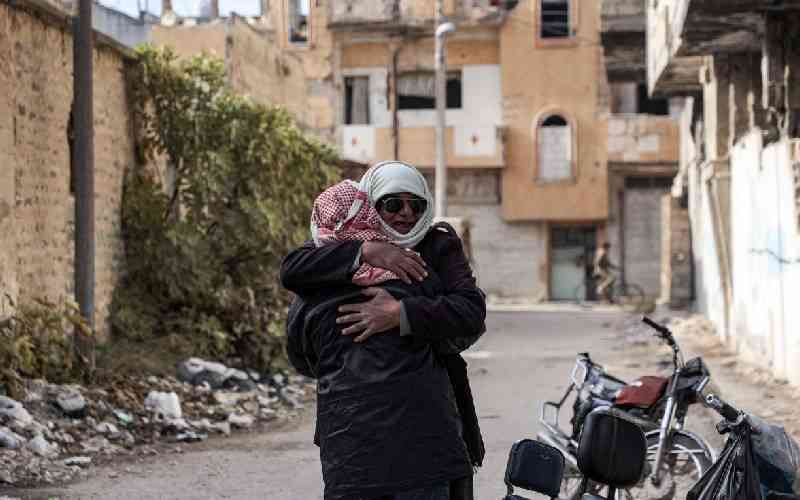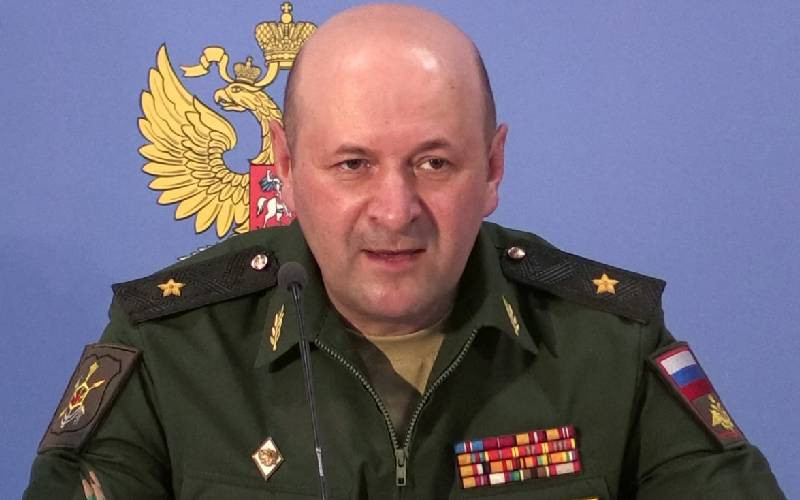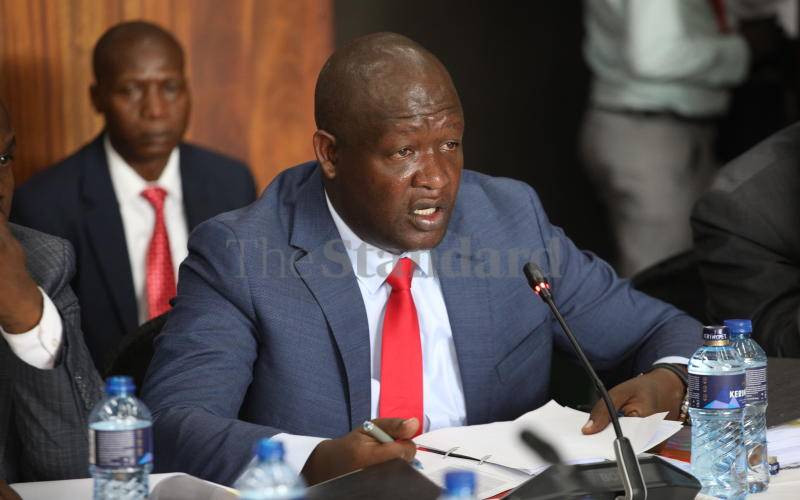NAIROBI: Kenyan students studying in Russia and Commonwealth Independent States (CIS) wants the government to reinstate partial scholarship bursary program to be reinstated that was stopped in 2011.
The more than 500 students seeking higher education in Russia, Ukraine, Belarus and Kazakhstan that are under the jurisdiction of the Kenyan Embassy in Moscow, said that the high cost of living in those countries are unaffordable without government's intervention.
Under the banner of Kenya Students Union in Russia and CIS, the students are now demanding that the government should restore the kitty to enable them complete their studies just like other African countries.
The students are mainly from Russia, Ukraine, Belarus and Kazakhstan that are under the jurisdiction of the Kenyan Embassy in Moscow.
The Union's President Eugene Museve in a letter to the Ministry of Education stated that if the government fails to reinstate the program more students will continue to drop out and return back to Kenya.
"It’s illegal for us to do jobs in Russia which makes it hard for students to survive and compete favorably. A number of Kenyan students have dropped out of the universities due to financial problems," said Museve.
Museve said that the Ministry of Education had earlier promised to reinstate the bursary but unfortunately the funds have not been availed to date.
"We are finding it extremely challenging to meet the set expectations of our country in acquiring knowledge in order to favourably compete among our fellow students. Other Africans who study under the same partial scholarships program receive financial help from their governments, why not us?" posed Museve.
According to Museve, students from Nigeria receive about Sh50,000 (USD 500), Ghana sends the same Sh 50,000 Angola foots about Sh60,000 (USD 600), while Botswana sends Sh 75,000 (USD 750) monthly for her students as upkeep and for other academic programmes in Russia. Contacted Head of Communications at the Ministry of Education Mr Kennedy Buhere said that they are aware of the challenges facing the Kenyan students in Russia and are being addressed.
"The government is aware of the matter and its being addressed. The Ministry will be able to communicate once the issues have been resolved," said Buhere.
The students also want the government to help in simplifying the process of translation of certificates and changing the equivalent grades to the Kenyan systems and offer an elaborate program for internships for Kenyan students studying abroad during their summer holiday breaks.
The Museve led Kenya Students union also wants the government to share a list of students admitted to Russian Universities since when they arrive in Moscow, they are vulnerable to robbers and con men.
"It has come to our attention that most Kenyan students who come to Moscow get conned at the airport because there is no one to receive and guide them," said Museve.
The Standard established that the government communicated through the Embassy in Moscow dated March 13, 2012 that financial assistance to Kenyan students offered partial scholarships in Russia and the CIS countries was halted.
"Beginning this financial year 2011/2012, the Bursary funds have been transferred to Higher Education Loans Board (HELB). Thus HELB will be handling all the issues pertaining to the Bursary awards," reads part of the letter by Kenyan Ambassador to Russia Mr Paul Kurgat.
The students in Russia spend Sh39,500 on transport from the institutions of study to and back to the accommodation centres annually while food costs Sh27,000 annually.
Stay informed. Subscribe to our newsletter
Other expenses include accommodation Sh48,000, Medical insurance Sh7000, Visa Sh 4000 while school related expenses costs Sh 48,000 annually.
The Kenya Students Union in Russia have also made subsequent appeals to the Kenyan government and National Assembly's Education Committee for quick intervention.
Kenyan students claim that since 2012, they have not benefited from the scheme.
 The Standard Group Plc is a
multi-media organization with investments in media platforms spanning newspaper
print operations, television, radio broadcasting, digital and online services. The
Standard Group is recognized as a leading multi-media house in Kenya with a key
influence in matters of national and international interest.
The Standard Group Plc is a
multi-media organization with investments in media platforms spanning newspaper
print operations, television, radio broadcasting, digital and online services. The
Standard Group is recognized as a leading multi-media house in Kenya with a key
influence in matters of national and international interest.
 The Standard Group Plc is a
multi-media organization with investments in media platforms spanning newspaper
print operations, television, radio broadcasting, digital and online services. The
Standard Group is recognized as a leading multi-media house in Kenya with a key
influence in matters of national and international interest.
The Standard Group Plc is a
multi-media organization with investments in media platforms spanning newspaper
print operations, television, radio broadcasting, digital and online services. The
Standard Group is recognized as a leading multi-media house in Kenya with a key
influence in matters of national and international interest.








